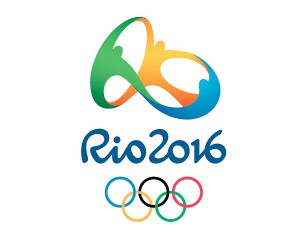Tweet With Care: The Olympic Social Media Controversy

The whole world has been talking about the 2016 Summer Olympics taking place in Rio de Janeiro this month. However, on social media, many businesses and brands throughout the United States have been uncharacteristically silent — even those who have sponsored winning athletes on the “Road to Rio.”
The reason? U.S. Code Chapter 2205, the United States’ fulfillment of the “special trademark protections” required by the International Olympic Committee (IOC) of each country participating in the Games in order to protect the financial and intellectual property of the IOC and its sponsor-funded activity before, during, and after the Games.
While there are no regulations to prevent individuals, news media, and official sponsors of the Games from posting about athletes and Olympic events, any brands and businesses not sponsoring the events are left out in the cold.
Here are some of the rules and regulations accounted for in the infamous IOC “Rule 40” that athletes, officials and businesses must be mindful of:
- Words or phrases trademarked by IOC, such as: Olympic, Olympian, Team USA, Future Olympian, Gateway to gold, Go for the gold, Let the games begin, Paralympic, Pan Am Games, Olympiad, Paralympiad and Pan-American
- Words that incorporate the word “Olympic,” including, but not limited to, Mathlympics, Aqualympics and Readlympics
- Terms that reference the location of the Olympics, including: Road to Rio, Road to Pyeongchang, Road to Tokyo, Rio 2016, Pyeongchang 2018, Tokyo 2020
- Hashtags that include Olympics trademarks such as #Rio2016
- Any official Olympics logos or graphics — including retweeting any posts by @TeamUSA on Twitter
These are just a few of the restrictions set on businesses for the Games this year.
Brands and businesses that defy the regulations set forth by IOC and the National Olympic Committee in their own country will likely receive a letter demanding immediate removal of the material. If the content is not removed, the United States Olympic Committee could take legal action. Athletes associated with companies who break the rules may also face being barred from competition and being stripped of hard-earned medals.
Until the end of the official blackout period on August 24, brands and businesses are advised to tweet with care — and with creativity.
—
Callie Curley is a junior at Penn State University studying journalism and international agriculture. Follow her on Twitter or connect on LinkedIn.
